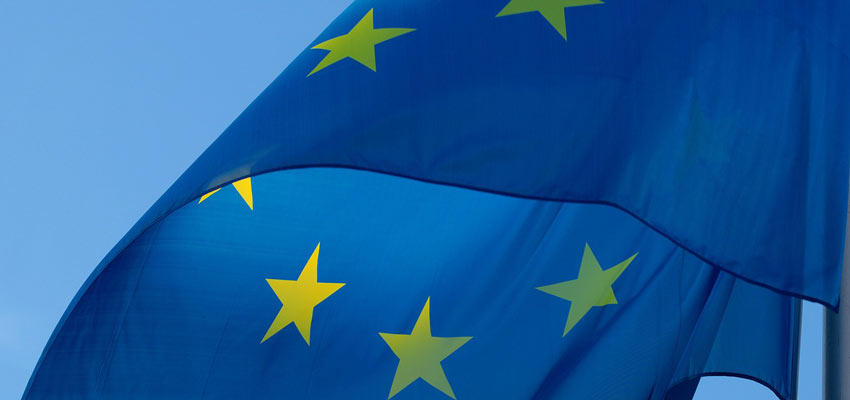Food safety remains one of the top priorities for European citizens. This was confirmed by the new published by the European Food Safety Authority (EFSA), which reveals that citizens are becoming increasingly informed, aware and confident in the European system that protects the food on their tables.
Conducted between March and May of this year, the survey collected responses from over 26,000 people in the 27 EU Member States and seven candidate countries, providing insight into the European population's perceptions and concerns regarding food.
The food risks that concern Europeans the most are pesticide residues in fruit and vegetables (39%), antibiotic and hormone residues in meat (36%), and food additives (35%). There has also been a notable increase in concern about microplastics in food, with 33% of respondents now expressing concern, a figure that continues to grow year on year.
When shopping, the determining factors remain very similar to previous years. Price remains the most important factor (60%), followed by taste (51%) and food safety (46%). This confirms that although consumers look for safe food, economic considerations remain a determining factor in the decision-making process.
When it comes to information about food risks, citizens place a high level of trust in experts: doctors and healthcare professionals top the list with 90% trust, followed by scientists from universities and public agencies (84%), and consumer, farmer and producer organisations (82%). Trust in national authorities (70%) and European institutions (69%) has also increased slightly, reinforcing the role of regulatory bodies as reliable sources of information.
Conversely, television remains the most popular source of information about food safety (55%), although it is losing ground to the internet. Search engines now reach 38%, while social media and blogs account for 25%.
Thus, confirms a positive trend. Europeans have greater trust in systems that protect food safety, and they are becoming better informed. Nevertheless, there is still a need to strengthen food education and adapt communication channels to align with the changing habits of younger generations when it comes to acquiring information.
In the coming years, the challenge will be to maintain and strengthen this trust while encouraging informed, responsible and mindful consumption.
Author: Dra. Isabel Gómez, AGROLAB Iberica

 Contact
Contact

 Contact
Contact Career
Career